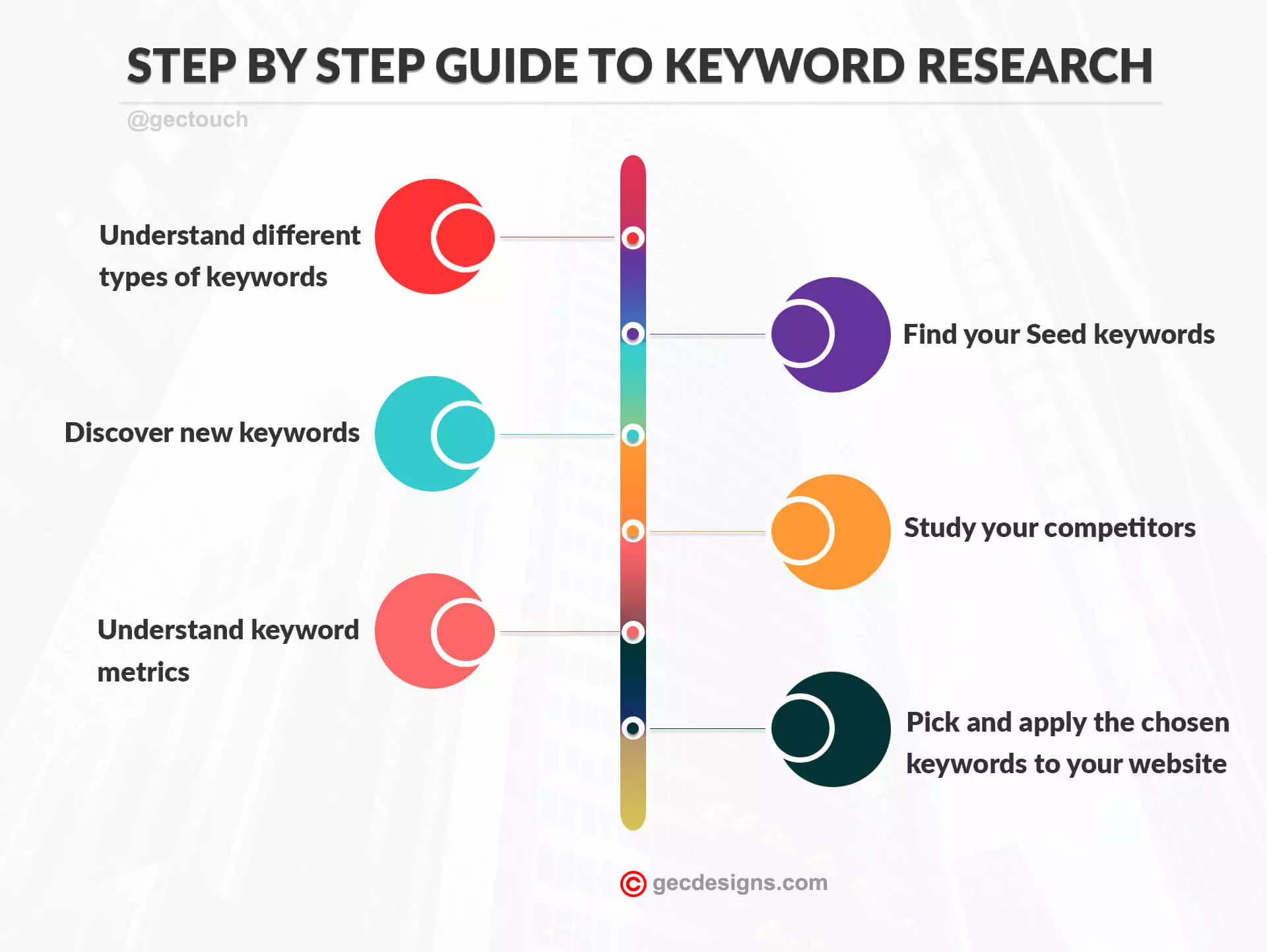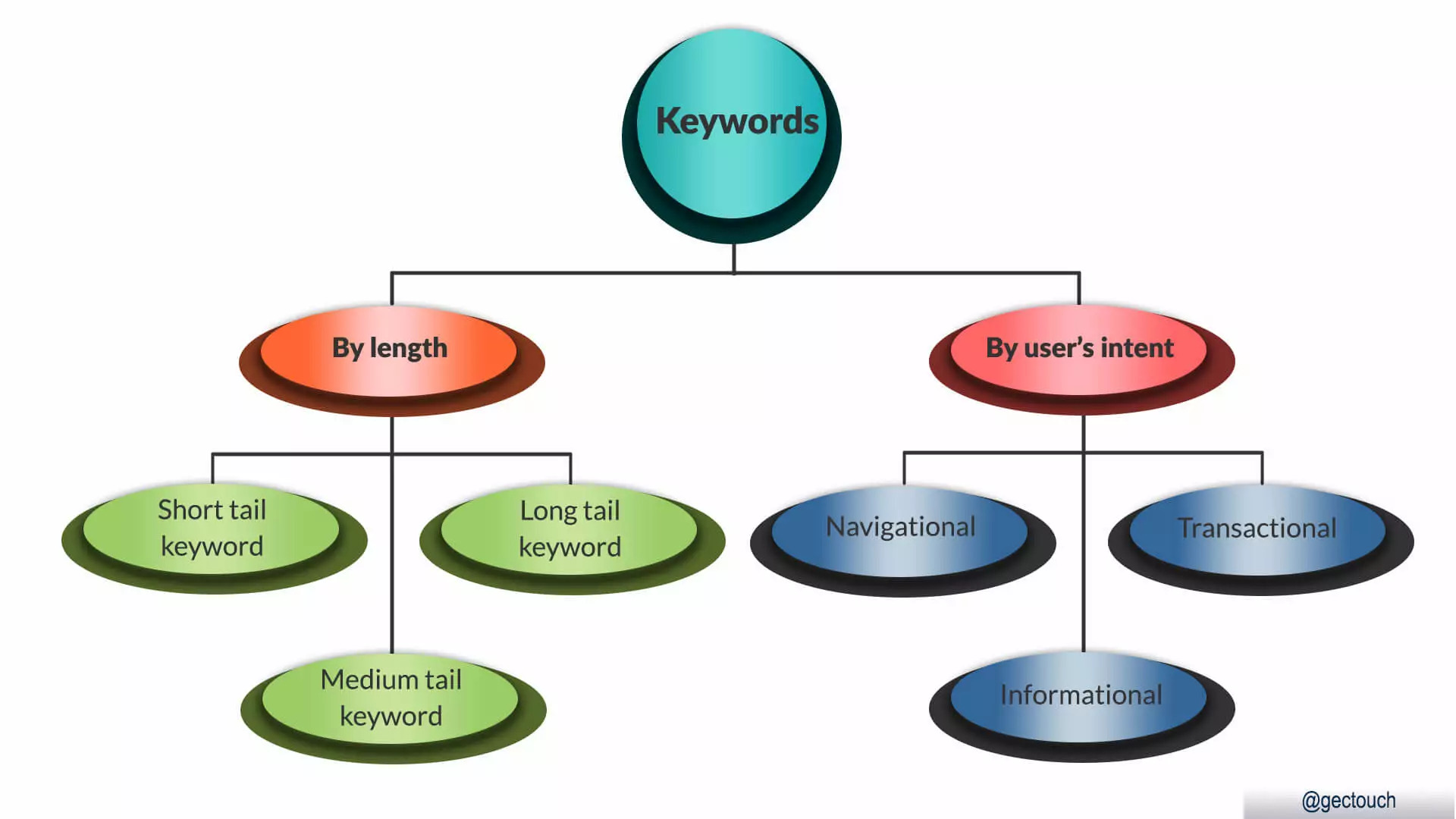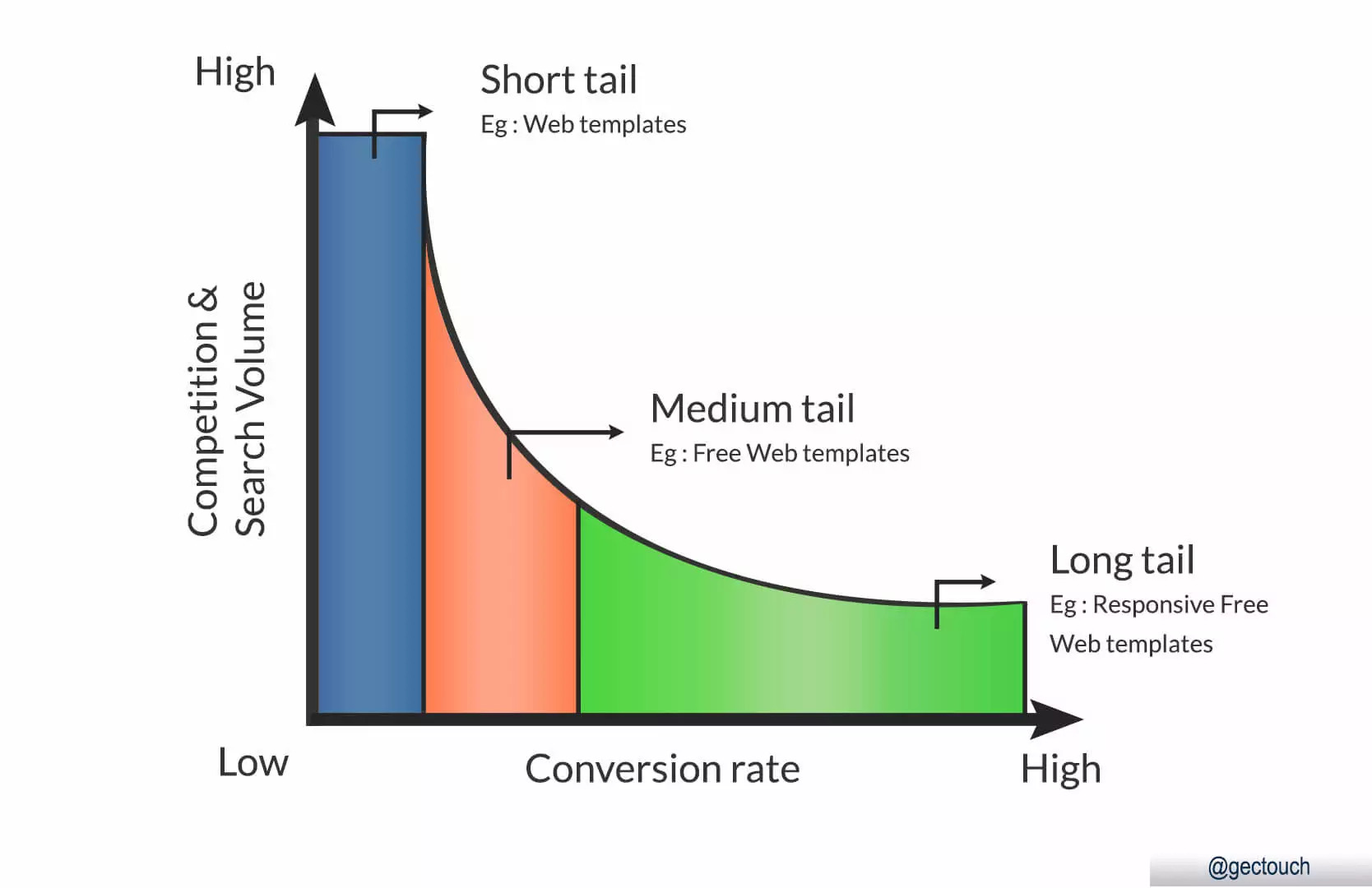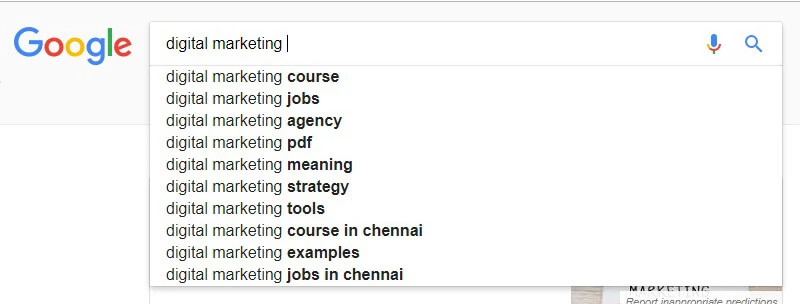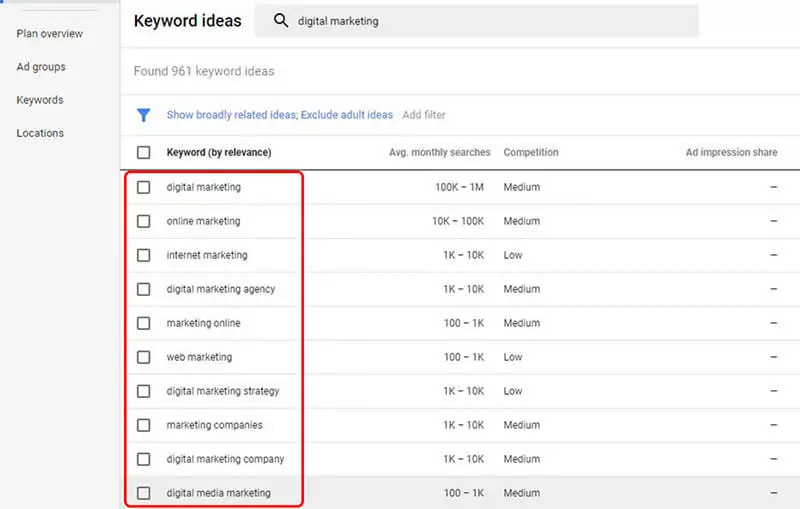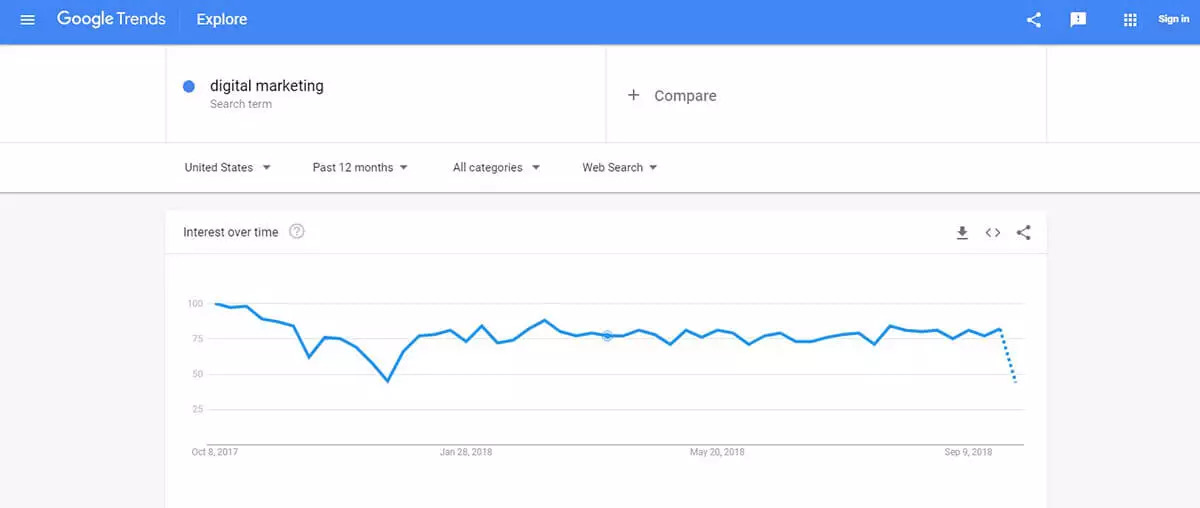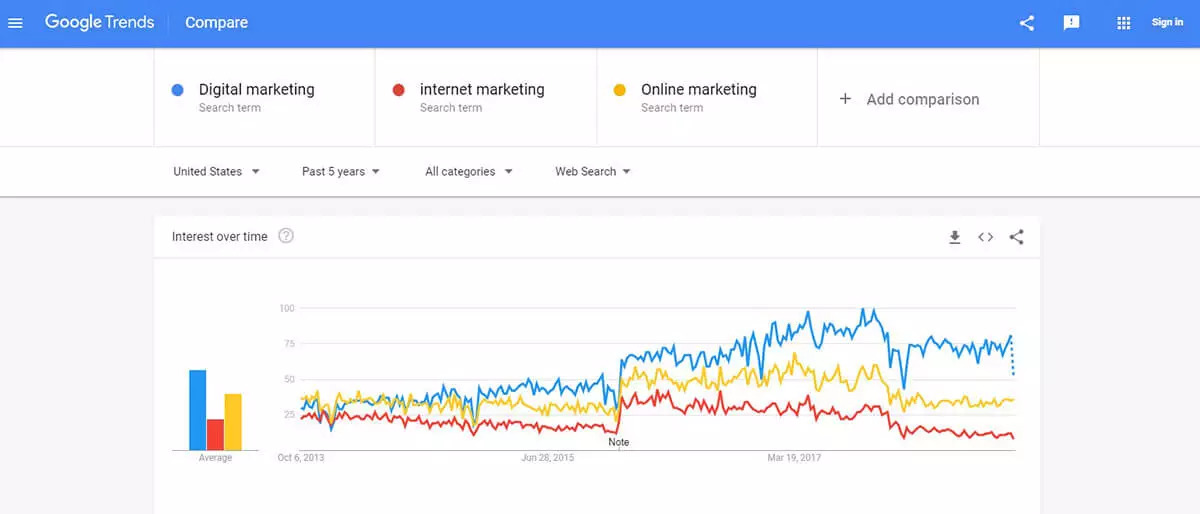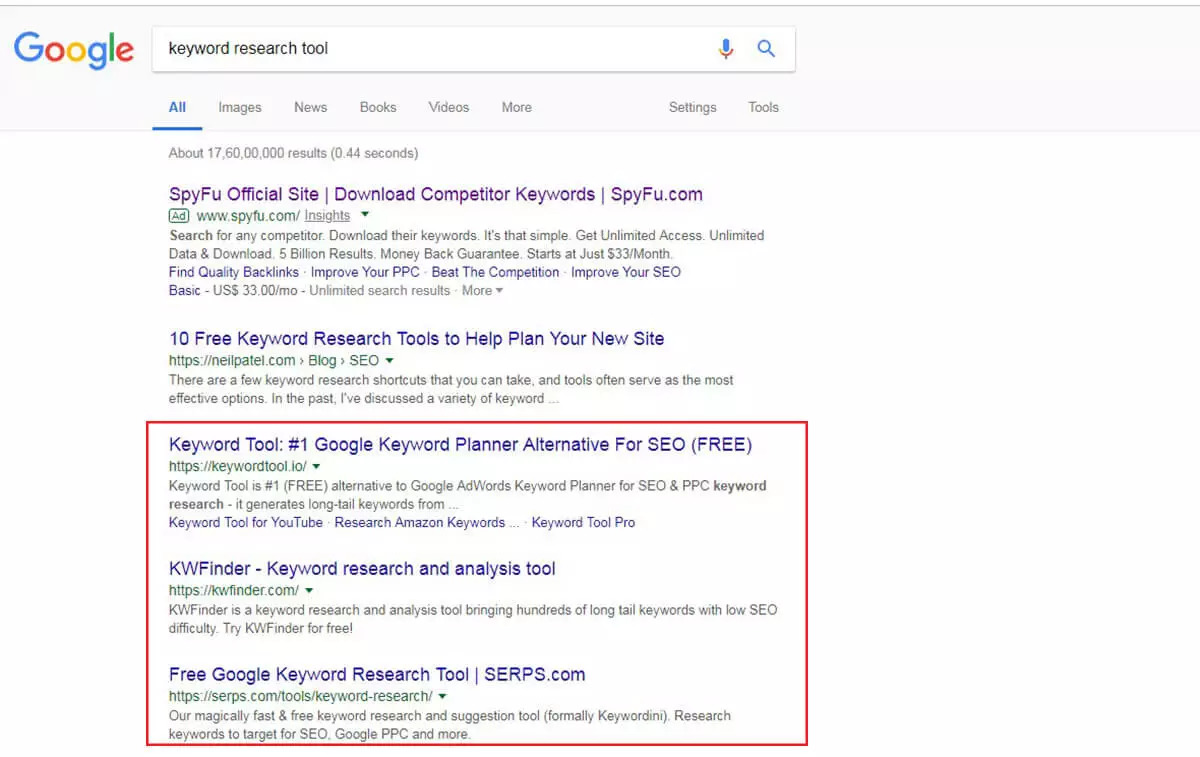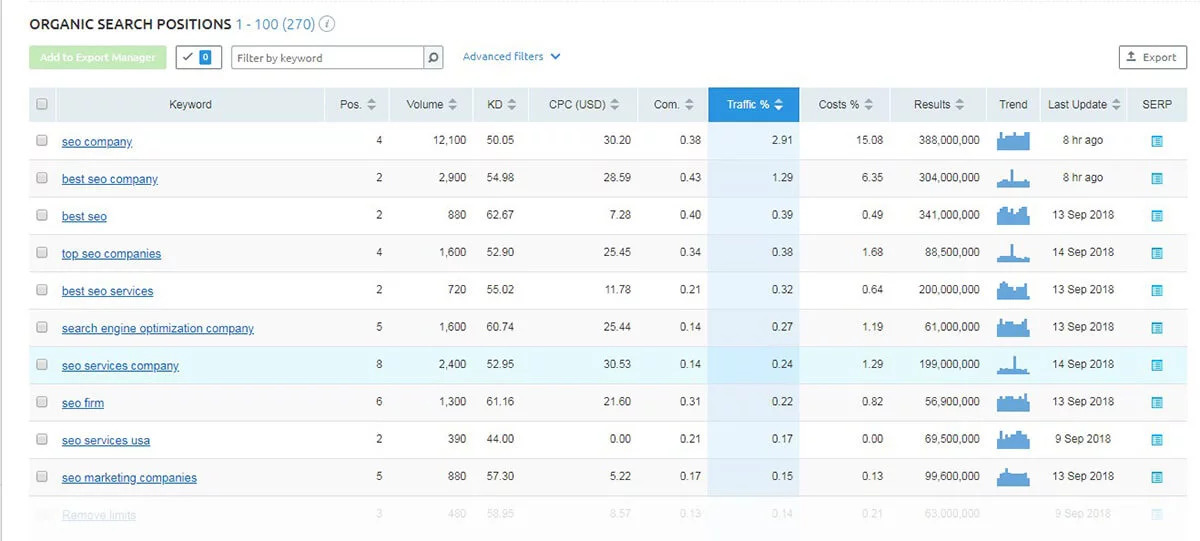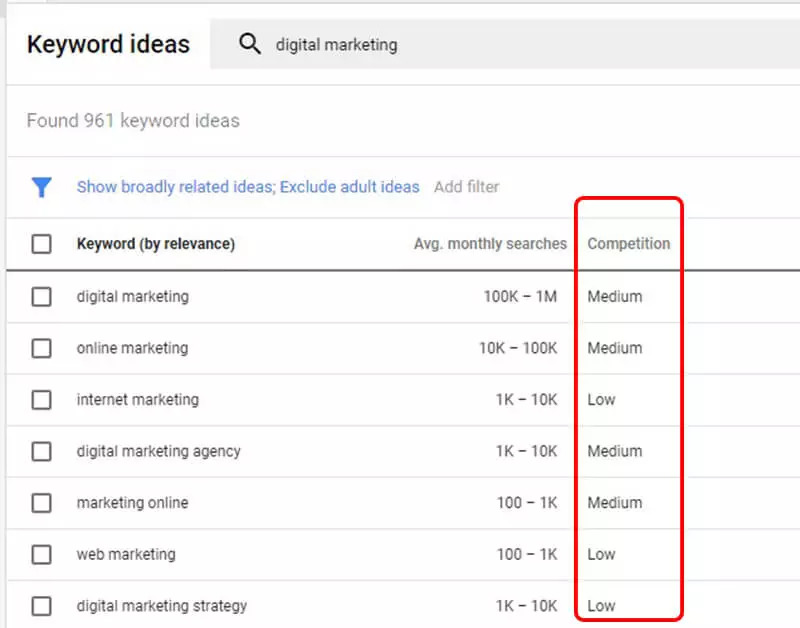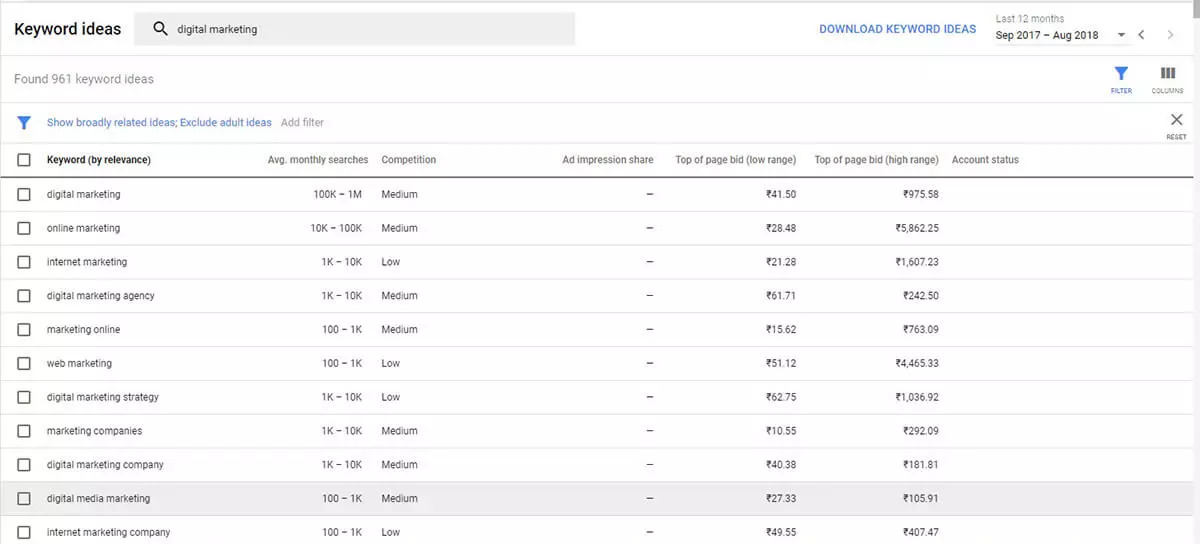How to do Keyword Research for SEO a beginner's guide
Attracting more visitors to your website is the main aim of every online business. Just think about the size and the competition in internet marketing, Is it easy for you to get even notice in the giant mass cloud? With the help of keyword research protection sealed, you can drive your online business to victory in SERP.
The most important benefit of keyword research is, it helps you to improve your rank in search engines, and this way you can drive organic traffic to your website in a short period. Keyword research is the blueprint for your blog or content marketing strategy. It influences every decision you make on your online business.
Proper use of keywords on your website helps you to achieve your goal quickly and easily. How do you discover niche or appropriate keywords for your website or blog post? This process is called keyword research, with the help of Keyword research tools and techniques, you can identify your ideal keywords.
In this article, we are driving deep into the process of keyword research tools, techniques, and strategies.
Let us begin by understanding the terminology 'keyword research', So, What is keyword research?
Keyword research is the most powerful technique in SEO (Search Engine Optimization). Keyword research is the process of analyzing and identifying the search terms that users use to search in search engines when they are looking for products, services, information, and solutions.
Technically, Creating content with the right keywords will help you to increase your rankings in SERPs.
A step by step guide to keyword research
Here we have consolidated the most effective ways for a quality keyword research process.
- Understand different types of keywords
- Find your Seed keywords
- Discover new keywords
- Study your competitors
- Understand keyword metrics
- Pick and apply the chosen keywords to your website
These are all the foremost steps involved in keyword research, let us understand all of them in more detail.
Understand different types of keywords
Before we start with the keyword research, we need to understand the types of keywords. Before we start with the keyword research, we need to understand the types of keywords. Here we discussed some common keyword types. Generally, We can classify the keywords in 2 ways,
- Types of keywords according to length
- Types of keywords according to the user’s intent
1. Types of keywords according to length
You can categorize 3 types of keywords based on its length.
You need to select which set of the keywords you need, for optimizing better rank to your website whether it is a short tail or long tail.
Short tail keywords – 1 to 2 words in nature, and it is more generic keywords. These types of keywords only have a headword also short tail keywords are highly competitive. It has a high search volume, but they are very hard to rank optimization.
Example - 'Web templates' The term “Web template” is a generic keyword. Based on this keyword we can really identify what exactly the user wants. Short tail keywords bring high traffic but less conversion rate.
Medium tail keywords – 2 to 3 words, it has moderate search volumes. Example – free web templates
Long-tail keywords - More than 4 words, and it is much more specific than short-tail keywords. Compared with short tail keywords it has a low search volume. However, the probability of conversion is high, and it also has low competition.
The long-tail keywords are more effective than other types of keywords. You can easily identify the search intent with long-tail keywords.
Example – responsive free web templates.
2. Types of keywords according to the user’s intent
Understanding your user's intention is necessary for keyword research. You can further classify three types of keywords depends on the user's intention.
Navigational search queries - this is when the user seeks for particular website/webpage. The navigational query is also is known as the ‘Go’ query. Example – Twitter login.
Informational search queries - users looking for general information on a particular topic. It is known as the ‘know’ query. It is basically like finding specific answers to questions. It will contain question words like what, why, and how. It will give more traffic to your website
For Example – How to become a digital marketer?
Transactional search queries – It is used when a user ready to make a buying decision. It is also called ‘Do’ queries. Transactional keywords consist of words like Buy, Purchase, sale, discount, and so on.
Example – Buy Bubblegummers shoes. It is likely that you want to purchase it.
Find your Seed keywords
Keyword research begins with finding your seed keywords. Seed keywords are the base keywords that are most relevant to your business. It is also known as primary keywords or main keywords. It will help you to identify your competitors.
Before creating your list use your intuition, sit with your team think, and ask yourself, what are the terms used by your audience in search queries for finding information about your product, service, and content. And check which keywords are used by your competitors for their websites. Brainstorm all possible keywords of product and product-related keywords and compile them in a list.
Discover new keywords
After creating your keyword list, you need to expand your list of potential keywords. There are many methods available to expand your keyword list. Each method will give lots of new suggestions, and combinations for your list.
1. Auto-suggest tools
Google search is one of the best keyword suggestion tools. When you are typing a phrase on the google search box, it starts suggesting some of the popularly searched terms related to your search. Autocomplete tools of Google, Bing, Youtube, and Yahoo will give suggestions for keywords. It will help you to expand your list.
2. Related searches
At the bottom of the result page, there will be a “ Searches related to” section. In this section, Google will suggest additional keyword ideas that are related to your initial keyword.
3. Google keyword planner
It is the most popular keywords suggestion tool. It will help you to estimate the search volumes, cost per click, and the competition level of your target keywords. Though the Google keyword planner created for the Adwords system, still it is good for generating keyword ideas.
To get keyword ideas you need to log in to your Google account, and then, click the tools icon in the toolbar at the top of the page. Choose keyword planner, and choose the find new keywords. Enter your seed keywords on the search box, and you can get a list of related terms.
4. Google trends
Google trends will help you to recognize the rising and falling trends of search terms so that you know which keyword to invest right now and which to exclude. In the below graph, you can see the “Related Topics” and the “Related Queries” section.
Google trends allow you to compare the relative popularity of your chosen keywords. You can monitor the changes in the trends over a period. You can filter through the geographic location based on your need to monitor the results. Also, you can also observe the regional interest of your keyphrases. Below is the graph,
5. Wikipedia
Enter your seed keyword in the search box of a search engine. Mostly the first organic result is from Wikipedia or head over to Wikipedia and enters your main keyword. Now you can get relevant terms and sub-categories from Wikipedia's table of content.
6. Question and answer websites
Question & answer websites like Quora, Stack Overflow, and Yahoo answers are the best platforms to find long-tail keywords. You can easily find out, what are the trending topics, and the good questions based on keywords which can bring more traffic to your website.
7. Use keyword research tools
Keyword research tools used not only to find keywords, but it also helps you to analyze the search volume, keyword value, competition level, and the ranking difficulty of the keyword. You have to identify some unique keywords with low competition, and the keyword research tools will help you to do this.
There are lots of keyword research tools available. Here we have listed some of the tools you can start using from now on.
The most important benefit of keyword research is, it helps you to improve your rank in search engines, and this way you can drive organic traffic to your website.
Study your competitors
Competitor analysis is an essential part of keyword research. You can learn you’re your competitor’s experiences. Discover how your competitors are getting ranked, Which keywords are they targeting, and how much traffic they get? It will help you to improve your ranking. Competitor’s keyword analysis helps you to reveal new keywords.
Before going to analyze your competitor’s keywords you need to identify your main competitors. Enter your primary keyword in the search box of the search engine. You can see who is competing with your product or content.
Many tools are available to analyze your competitor’s keywords such as SEMrush, Ahrefs, Spyfu, and Alexa.
Login with SEMrush and enter your competitor’s domain name in the search bar. Now, you can see your competitor’s keywords they are ranking. You can also see the search volume, CPC, competition level, and traffic of each keyword.
Understand keyword metrics
After gathering a list of potential keywords, you need to consider some key factors like search volume, competition level, and the difficulty of the keyword for choosing your ideal keyword.
Search volume – Search volume is the most significant keyword research metric, it is the number of searches for the keyword. It is usually measured based on the average monthly search. With the help of this metric, you can understand the demand for a particular keyword.
Aim for higher volume keywords for better ranking, but don’t focus on extremely high search volume keywords, because high search volume comes with greater competition.
There are lots of tools available to find out the monthly search volume of the keyword such as SEMrush, Google keyword planner, and Google trends.
Competition – Now, consider the competition level of each keyword. Google keyword planner will help you to find out the competition level of a keyword. You can notice the three levels of competition such as high, medium, and low. Avoid high competition keywords ( If you are comfortable spending more you can bid for the highly competitive keywords. However you need to consider the relevance, ROI, CTA, etc). The right use of low competition keywords can boost your website’s rank.
Keyword efficiency index – It is also known as KEI. It will help to measure the efficiency of a keyword. KEI is the comparison between the number of searches for a particular keyword and the number of pages in the search engine's index. Or the number of competitive pages. The higher the KEI means that was a good keyword for your website and that keyword has more chance to get rank in SERPs.
KEI = (search volume)2 / Competition
Keyword Difficulty – It helps to determine how hard it is to rank for a particular keyword. You can use the SEO Moz tool to measure the keyword difficulty. It estimates the difficulty score of a keyword ranges from 1 to 100.
If the difficulty score is 60 and above, it means that the keyword is the hardest keyword to rank.
- 0 – 9 – No difficulty
- 10 – 30 – Low difficulty
- 31 – 60 – Medium difficulty
- 60 and above – high difficulty
Along with the difficulty score, it also shows the volume, click-through rate, and priority of the word.
Value (cost per click) – Cost per click (CPC) keyword search metric is necessary for paid search campaigns. CPC is the cost of the keyword. CPC value of a keyword determines the budget of the PPC campaign.
Quick tips for the most efficient keywords
- Identify highly relevant and low competition keywords.
- Focus on keywords that provide good conversion rates.
- Aim for high search volume keywords.
- Choose a mix of short and long-tail keywords. Because someone may search with one-word terms.
- Identify clear search intent keywords
- Avoid too specific keywords
- Aim for lower difficulty score keywords.
Pick, and apply the chosen keywords to your website
Once you finalize your keyword, you need to apply those keywords on your website. Add keywords to the following sections on your website.
Title tags – Title tag is an HTML element, and it defines the title of the web page. It is a clickable underlined blue hyperlink display on a search engine result pages. The title tag is the best place to use your keyword phrase. For better results place your keyword at the beginning of the title tag.
Meta description – Meta tags also appear on a search engine result page. It is the two black line under the title tag. Google and other search engines aren’t used the meta description as their ranking algorithm, but keywords in your meta description improve your SEO.
Keywords in meta description are more important than keywords in content because it is the opportunity to explain what is the page actually all about. It helps the user to decide click or not.
Content – It is the most important place to put your keywords. Content is the king of your website, and it helps to grab your visitor's attention. Quality content helps to improve your rank on search engine result pages.
Use keywords naturally, Don’t use the same keyword every time that makes your content spammy, and it will create a bad impression among your readers. Use latent semantic indexing keywords throughout your content instead of the exact keyword.
Remember it, Don’t stuff keywords. Google will penalize you for keyword stuffing.
URL – include your keywords on URL helps to know about what is on the page. It is also known as a “Permalink”. Keywords in your URL can improve your site’s visibility.
You can also include your keywords on your internal links and image ALT tags.
Now it is the time to track and analyze your results. You will Improve your strategy until achieving your marketing goal.
Conclusion
I hope this guide will help you to know, how to find the right keywords for your website. Keyword research is an ongoing process. Review your keywords every few months. Try to find new keywords with low competition. That will help you to reach your goal and maintain your position in SERPs. If you like this article please share, leave your comments, and suggestions, for more such posts.

Rajanarthagi
Content writer and Marketer
An enthusiastic SEO expert, passion for digital marketing with two years of expertise in writing Digital Marketing and SEO content. She is a Master of Business Administration graduate from a reputed university in south India. Her passion for SEO and online marketing helps her to stay up to date with the trends and strategies. Follow her on social media sites, to stay up to date with SEO, and Digital Marketing, Updates. To contact Raji, visit the contact page.





